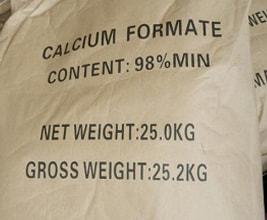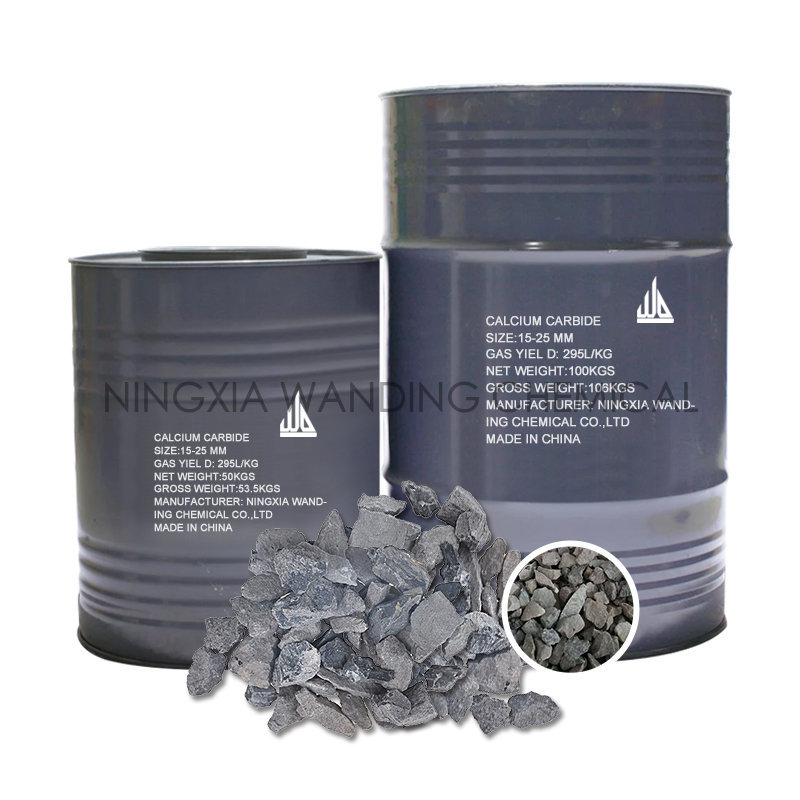what is industrial chemicals
In the manufacturing world, industrial chemicals play a crucial role in various applications from production processes to quality control. If you're new to the industry or looking to expand your knowledge, it’s important to grasp the basic concepts and practical uses of these substances. If you want to learn more, please visit our website what is industrial chemicals. Industrial chemicals are substances used in manufacturing processes, or that are produced as part of those processes. They are essential in creating products, enhancing production efficiencies, and ensuring quality. Common categories include polymers, solvents, acids, and bases, each serving unique purposes across diverse sectors. Before engaging with industrial chemicals, take time to research the main categories like acids, which are essential in pH control during production; or polymers, used widely for creating packaging materials. This foundational knowledge will guide your application in real-world scenarios. Each industrial chemical has specific handling and hazard information outlined in its MSDS. For instance, an MSDS for a hazardous solvent provides details on fire risks and recommended first aid measures, which are essential for ensuring safety in any industrial setting. The efficient storage of chemicals not only preserves their effectiveness but also mitigates potential hazards. For example, ensuring acids are stored upright and in secured cabinets can prevent spills and accidents, emphasizing the importance of organization in chemical management. Utilizing PPE is vital when dealing with industrial chemicals. If you frequently work with a corrosive chemical like sulfuric acid, wearing acid-resistant gloves and goggles is crucial to protect against burns and injuries, showcasing the necessity of safety measures. Understanding and adhering to regulations like OSHA standards for chemical safety will benefit your workplace environment significantly. Ensuring that your practices align with these regulations not only protects personnel but also builds credibility for your operations. Having a solid understanding of industrial chemicals, their uses, and safety measures is essential for anyone entering the manufacturing field. By following the structured approach laid out in this guide, you can effectively manage industrial chemicals and maintain a safe working environment.Understanding Industrial Chemicals
What Are Industrial Chemicals?
How to Identify and Use Industrial Chemicals
Researching Basic Types of Industrial Chemicals
Understanding Material Safety Data Sheets (MSDS)
Powdered Iron Oxide vs. Pigment: Which Is Truly Superior?
Exploring Kaolin: The Secret to Paper-Making Success
What is SBR latex used for?
Why Is Nano Calcium Carbonate the Future?Learning Proper Storage Techniques
7 Essential Benefits of High Temperature Graphite Grease You Should Know
What Factors Influence SBR Latex Purchase Decisions?
Are Composite Rock Flakes the Future of Sustainability?Implementing Safe Handling Practices
Becoming Familiar with Regulatory Standards
Conclusion
Want more information on surfactant ingredients? Feel free to contact us.
Explore more:High Gloss Barium Sulfate: Benefits for Paint & Coating Products
Say Goodbye to Noise: Discover the High Range Soundless Cracking Agent You’ve Been Missing!
How Custom Developer Solutions Enhance Solar Cell Efficiency
calcium formate uses
Understanding TMAH Developer: Key Benefits and Applications in PCB Production
High Range Soundless Cracking Agent: The Ultimate Guide for Effective Demolition
Understanding Acrylic Polymer Emulsion: Key Insights




